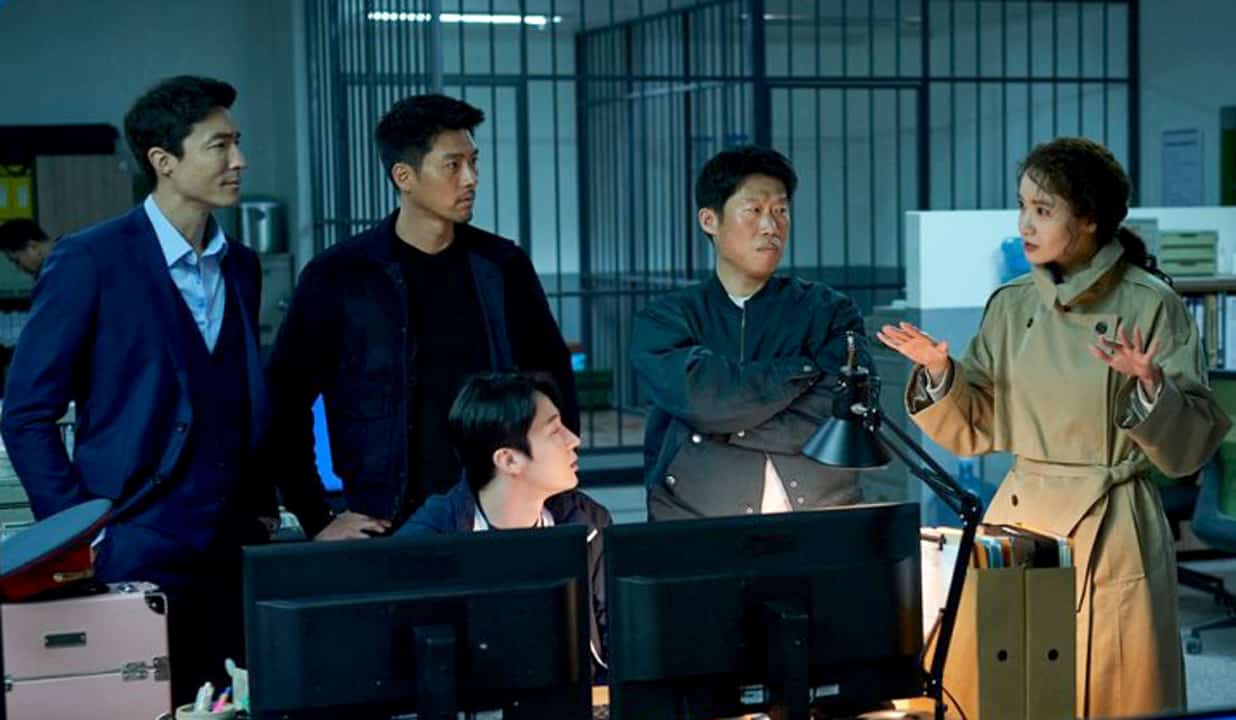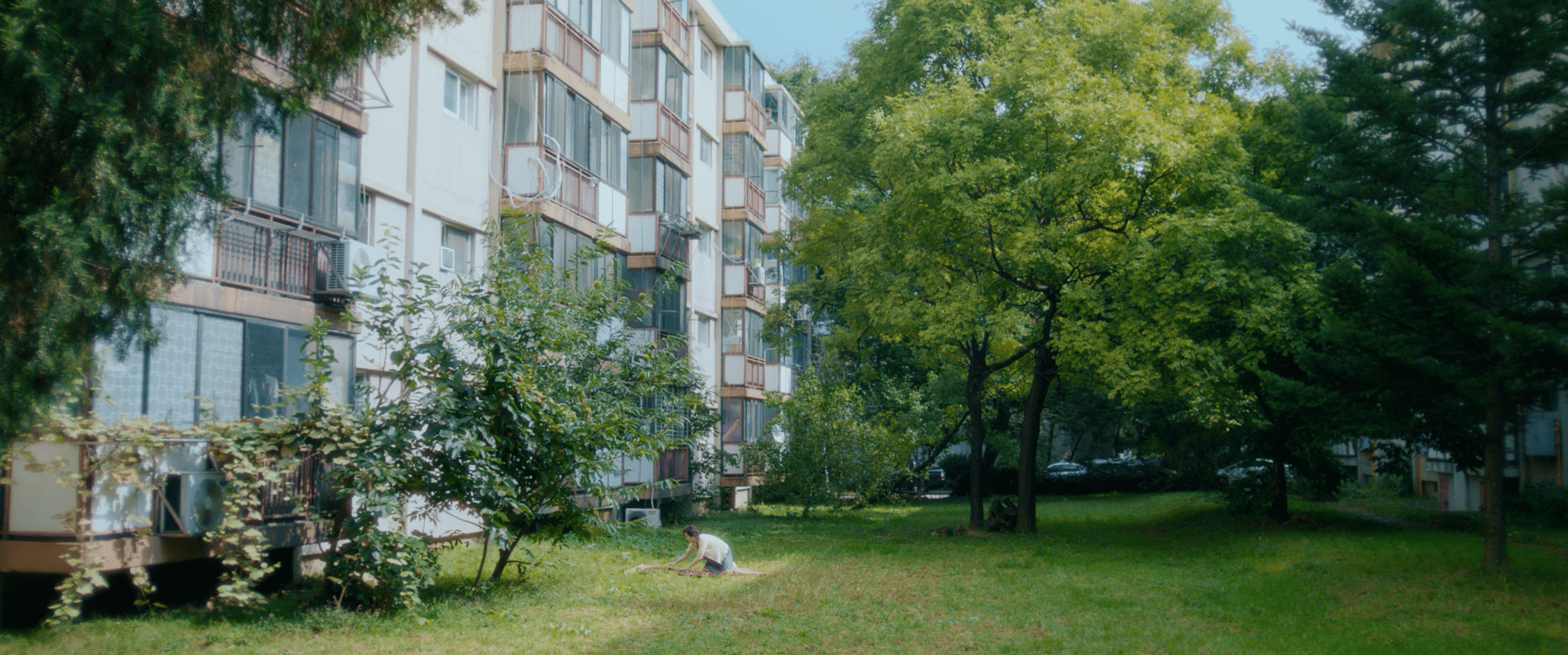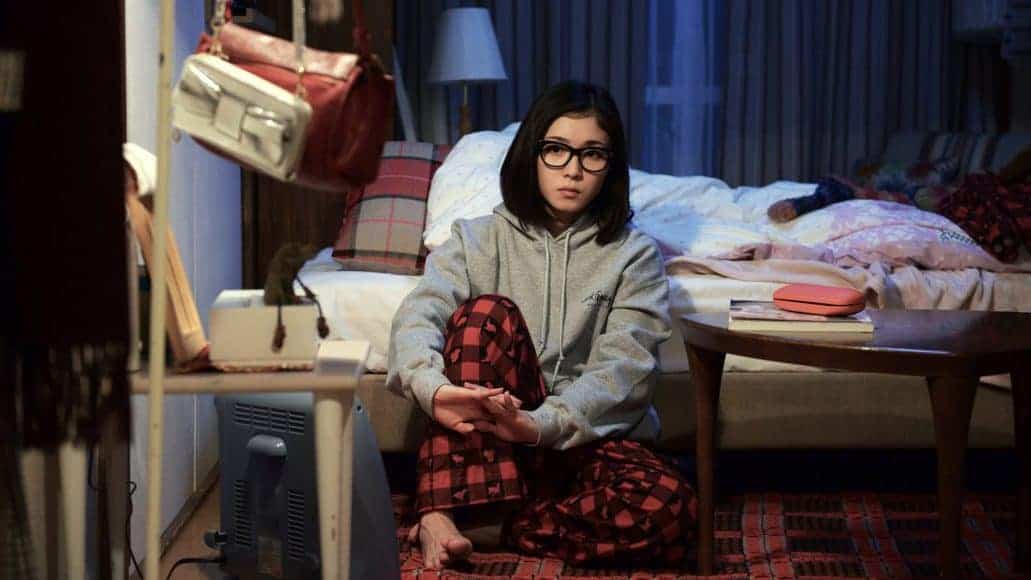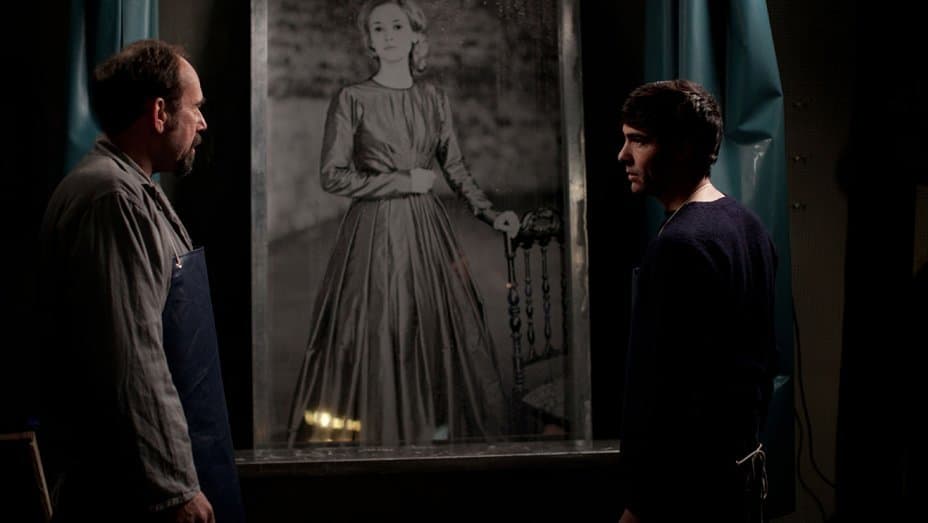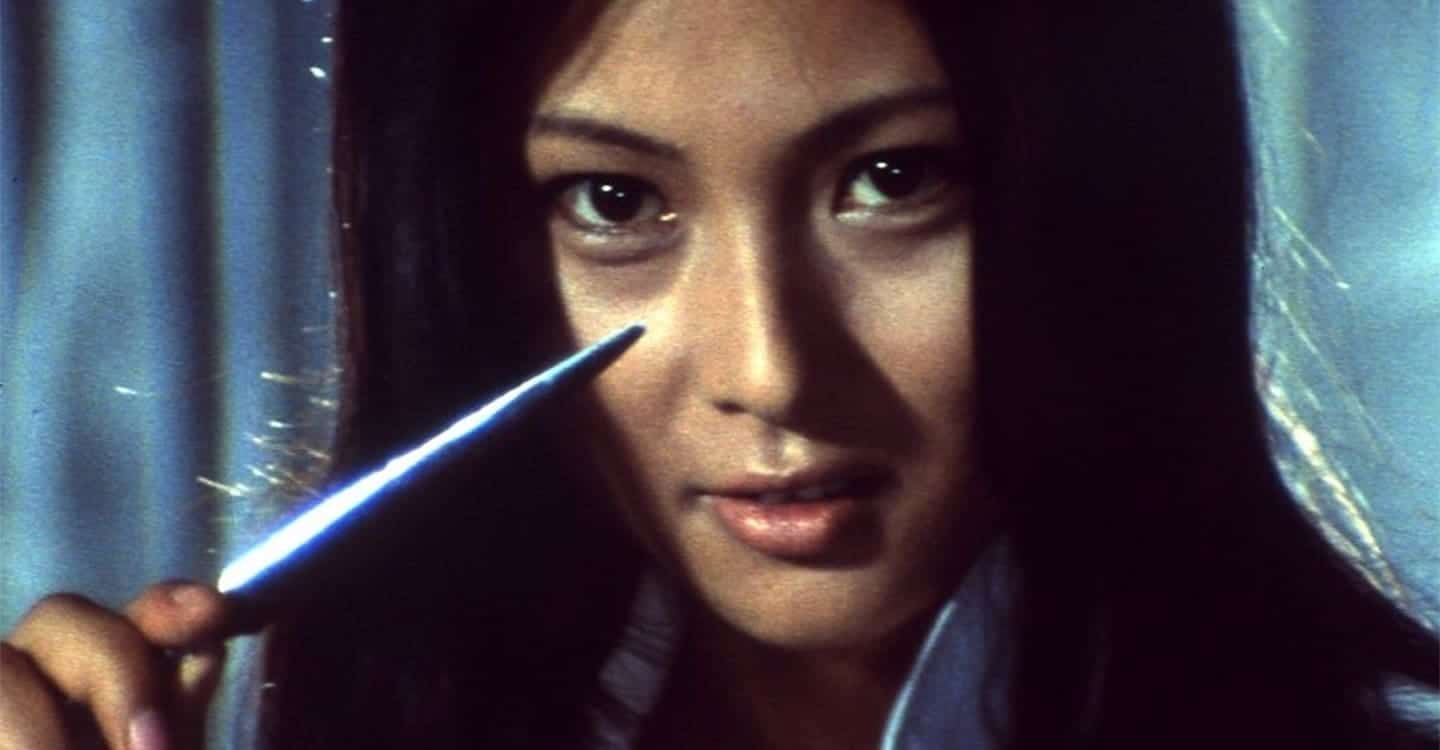As I have mentioned before, adapting Haruki Murakami's works in cinema is definitely an arduous task, due to the surrealism, the minimalism, the abstractness and the lack of action and “proper” finale that characterize most of his novels. However, Tran Anh Hung's effort was quite successful, particularly due to Mark Lee's cinematography, Johnny Greenwood's music and the connection with the homonymous song by The Beatles.
Buy This Title
The story takes place during the 60's and begins with the school years of three friends, Toru, Kizuki and Naoko, with the last two being a couple since childhood almost. At one point, and without any particular reason, Kizuki commits suicide and Toru, who had no other friends except him, moves to Tokyo to study but also to get away from the pain. While there, he meets Naoko again and the two start hanging out, joined, in some way, by their common loss. A strange kind of romanticism permeates their relationship and in her 20th birthday, they end up having sex; the first time for her. Naoko, however, disappears after that night, leaving Toru hurt and filled with questions, in a clear parallel with the Beatles song (“And when I awoke I was alone, The Bird had flown”).
A bit later, Toru meets another girl, Midori, who seems to like him despite having a relationship with someone else. In the meantime, Toru spends time with another friend (again the only one in his life), Nagasawa, with the two of them frequently going out to meet girls and sleep with them, despite the fact that Nagasawa is in a serious relationship, at least in her eyes. Eventually Naoko return and things become even more complicated.

Tran Anh Hung focuses on the relationship of Toru with Naoko, with the song lyrics, fitting perfectly once more, with the song's lyrics (I once had a girl, or should I say she once had me). However, he uses this relationship to make a number of socio-philosophical comments, including loss and how people deal with it, sadness, relationships and love, in a way, though, which, as in Murakami's book, does not give definite answers, instead only providing food for thought. Inside this abstract setting, one can also find a comment about family as a constitution, which in this case, “shines” through the complete absence of parents, which has led the protagonists walking through life aimlessly, without any sense of purpose or direction.
And although the film could be described as abstract to the point of ambiguity, the same does not apply to the visual, where Mark Lee presents another excellent work, creating a dramatically beautiful setting where the lives of the protagonists unfold. From the Tokyo of the 60s with the student movements (and a subtle but very derogatory comment), to the bucolic beauty of Kyoto and the tragic symbolism of the sea, all of Lee's frames are perfectly constructed; a true visual extravaganza. Furthermore, Greenwood's music fits every scene played perfectly, adding to the atmosphere Tran wanted to present while the sound factor is completed in the best fashion by “Norwegian Wood”, which is heard twice, concluding the film in the best way. Mario Battistel's editing implements the film's aesthetics through a slow, almost “lazy” pace, which suits the overall atmosphere quite nicely. However, some more trimming may have benefited the film, which, at 133 minutes seems to lag a bit occasionally, although not to a point to become truly bothersome. Besides, the same could be said about Murakami's novels.

Kenichi Matsuyama portrays Matsuyama very closely to the book character, in very laconic fashion, as the part demands, while his thoughts and sentiments are frequently communicated through narration rather than his own acting. Some may learn their first Japanese word by watching him: mochiron, which means, for sure. The same, more or less, applies to Rinko Kikuchi as Naoko, although her part is more demanding, through the succession of calmness and hysteria, which is portrayed quite artfully. Kiko Mizuhara as Midori had the distinct purpose of providing a note of cheerfulness in an overall melancholic film, and in that regard, she did a great job.
As in Murakami's novel, the presentation of the context is a bit difficult to get into completely. However, if one perceives the film not contextually, but aesthetically, he will definitely come across an excellent adaptation and movie overall.




